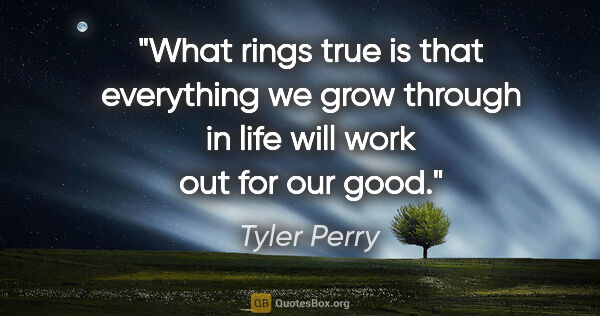Good Works Quotes (page 29)
What precipices are sloth and pleasure! To do nothing is a sorry resolve to take; are you aware of that? To live in indolence on the goods of others, to be useless, that is to say, injurious! This leads straight to the depths of misery. Woe to the man who would be a parasite! He will become vermin! Ah, it does not please you to work! Ah, you have but one thought--to drink well, to eat well, and sleep well. You will drink water; you will eat black bread; you will sleep on a plank, with fetters...
Victor Hugo
Yes, there are plenty of heroes and heroines everywhere you look. They are not famous people. They are generally obscure and modest people doing useful work, keeping their families together and taking an active part in the health of their communities, opposing what is evil (in one way or another) and defending what is good. Heroes do not want power over others.
Edward Abbey

do you know why Satan is so angry all the time?, Because whenever he works a particularly clever bit of mischief God uses it to serve his own Rigteous purposes. So God uses wicked people as his tools? God gives us the freedom to to do great evil, if we choose, Then He uses his own freedom to create goodness out of that evil, for that is what He chooses. So, in the long run, God always wins? Yes, in the short run though it Can be uncomfortable.
Orson Scott Card
The straightforward manner is seldom equal to the complications of the good subject. There may never be anything new to say, but there is always a new way to say it, and since, in art, the way of saying a thing becomes a part of what is said, every work of art is unique and requires fresh attention.
Flannery O'Connor
This philistinism of interpretation is more rife in literature than in any other art. For decades now, literary critics have understood it to be their task to translate the elements of the poem or play or novel or story into something else. Sometimes a writer will be so uneasy before the naked power of his art that he will install within the work itself - albeit with a little shyness, a touch of the good taste of irony - the clear and explicit interpretation of it. Thomas Mann is an example...
Susan Sontag
Love is eternal -- the aspect may change, but not the essence. There is the same difference in a person before and after he is in love as there is in an unlighted lamp and one that is burning. The lamp was there and was a good lamp, but now it is shedding light too, and that is its real function. And love makes one calmer about many things, and that way, one is more fit for one's work.
Vincent Van Gogh
